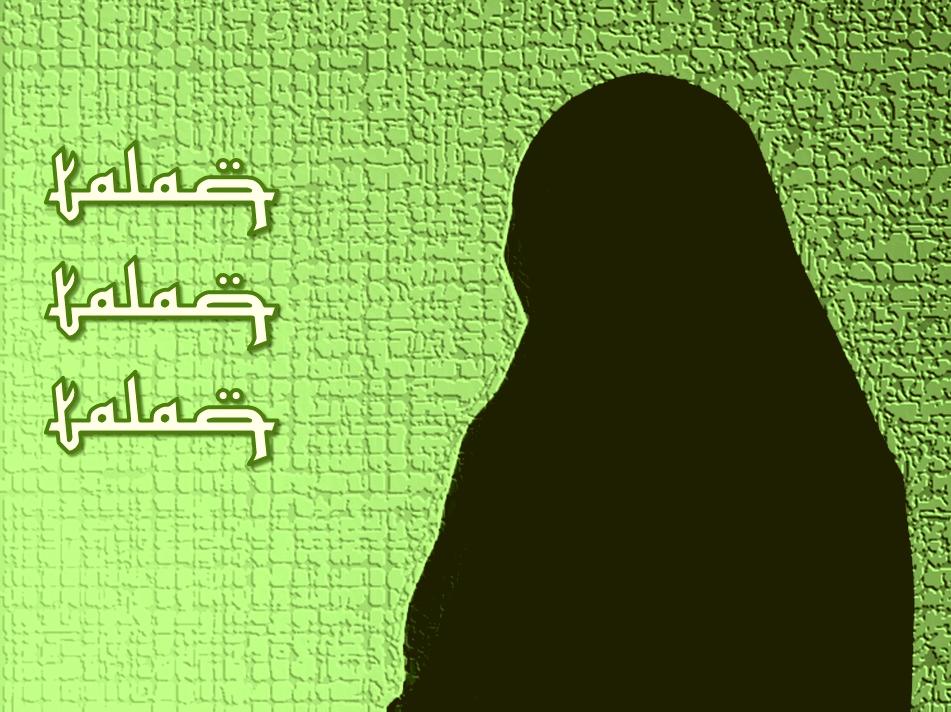‘Talaq, Talaq, Talaq’; imagine living a life full of fear and insecurity that these three words can simply end years of your marriage! That’s exactly how 90 Million Muslim women of India feel. Comprising approximately 20% of the total population, Muslims make up the largest minority group in India which is governed by the Muslim Personal Law (Sharia) ever since 1937. However, till today Muslim women of India face a threat of a sudden, oral and out of court divorce; popularly known as Triple Talaq.
In simple words, triple talaq is a form of divorce practiced in India whereby a Muslim man can legally divorce his wife by pronouncing ‘Talaq’ three times. The pronouncement can be oral or written, or in recent times, delivered by electronic means such as telephone, SMS, e-mail or social media. There have been many cases that made headlines for men practising triple talaq even via an instant message on Whatsapp. According to this practice the man need not quote any cause for the divorce and the wife need not be present at the time of the pronouncement.
Oral divorce is the easiest and the most common method of taking a divorce among Muslims and thus out of all the divorced women, more than 50% are divorced orally and the divorced women in maximum cases are not even provided with any maintenance. Another major problem is that many Muslim girls are married off at an early age. According to the Census 2011 data, out of all the married Muslim women 13.5% were married even before the age of 15, whereas 49% were married between 14 and 9 years of age. This minimises the possibility of them being educated and being financially sound. Another survey conducted by the Bharatiya Muslim Mahila Andolan (BMMA) revealed that 95% of divorced women received no maintenance from their husbands. Triple Talaq therefore violates many women’s rights and promotes a socio-cultural dominance over women’s lives by extinguishing their human rights. This old tradition not only goes against many constitutional rights, but it is also not in synchronization with the UN Human Rights Conventions.
In 2015 the Bharatiya Muslim Mahila Andolan (BMMA) had conducted a survey of 4,716 Muslim women across 10 states and different castes and found that 92.1% women wanted a total ban on oral/unilateral divorce. Unilateral divorce is wrong and equality is the need of the hour therefore, Muslim clerics must change their approach and respect the rising consensus against the practice of Triple Talaq. The case is nevertheless being highly discussed throughout the country now and has also entered the premises of the Supreme Court. Recently in 2016, Shayara Bano; a victim of triple talaq approached the Supreme Court challenging tyrannical practices against women followed by Muslims. Her petition seeks the apex court to declare talaq-e-bidat (triple talaq), Polygamy and Nikah Halala (Nikah halala is a law that requires a woman to marry and sleep with another man in order to return to her first husband. There have been instances where the husband regrets divorcing his wife through triple talaq and in the hope of reconciliation, hands over his divorced wife to another man for marriage, under the condition that the latter would divorce the woman the next day.) illegal and unconstitutional on the grounds that they violate the rights guaranteed by the Constitution under Articles 14,15, 21 and 25. The Allahabad High Court in December 2016 called the practice of Triple Talaq ‘Unconstitutional’ and called it a violation of the rights of Muslim women.
The All India Muslim Personal Law Board (AIMPLB) however argues that Triple Talaq is a matter of cultural and religious Islamic Belief and believe that Fundamental Rights do not apply to the personal law of Muslims in India.
The AIMPLB repeatedly blames the government for interfering in Islam but the question that comes up here is that if 8 Muslim majority countries have abolished Triple Talaq, then why can’t India? The evil practice of pronouncing ‘Talaq’ thrice thus effectively ending a marriage has been banned in numerous Muslim majority countries like Pakistan, Algeria, Egypt, Tunisia, Bangladesh, Turkey and Cyprus, Sudan and Indonesia.
No matter what the Muslim clerics and the AIMPLB say, the fact remains that on the ground level this practice is misused and has effectively destroyed the lives of hundreds of Muslim women.
Another popular debate by the Muslim clerics is that the practice of Triple Talaq has been taken from the Holy Quran. However, Triple Talaq as practiced in India is not Quranic law but merely an interpretation of it. The Quran is in full compliance with the Constitution on the matters of divorce. Various Scholars have questioned the validity of Triple Talaq because it does not find mention in the Holy Quran which supports the three-month procedure with an opportunity for reconciliation. The full procedure is nonetheless not followed in India where merely repeating the word ‘Talaq’ three times leads to a valid divorce.
The Holy Quran in its verse 2:228 prescribes a three-month waiting period for a woman undergoing the divorce process. The Quran also issues an injunction for a divorce-giver man to formally articulate his intention at least twice over the period in the presence of witnesses (2:229). Moreover, in a few verses Quran also stresses that there should be time-framing (2:231, 65:2). Therefore, the Quran verse are clearly contrary to the commonly held belief that men may divorce their wives at any time and for any reason.[ii]
While it is necessary to respect the rights of religious and cultural minorities in a country like India which is secular and diverse, it is even more important to make certain that such practices do not abuse the basic human rights.
